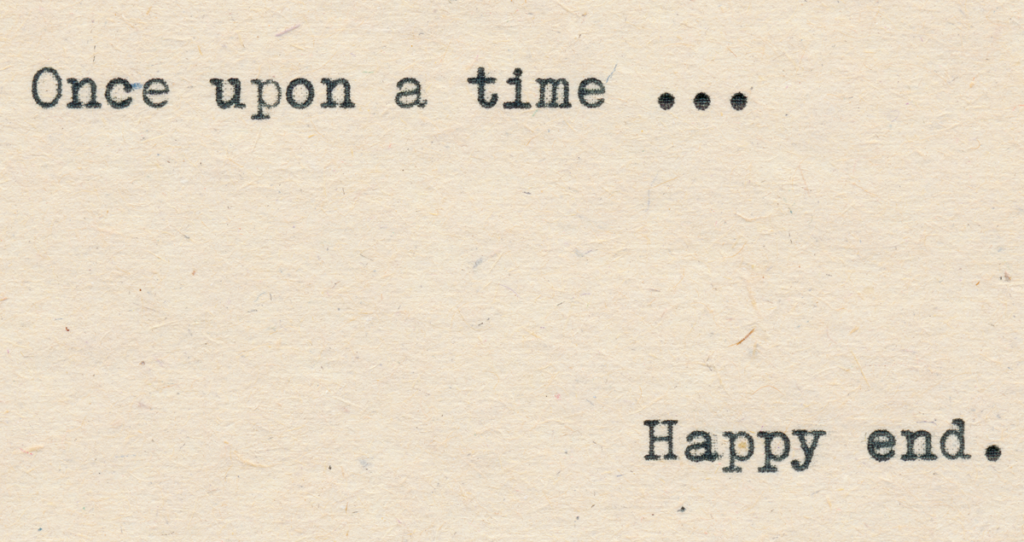I see reps struggle with this all the time at every stage of the sale process. They struggle articulating or explaining their value when prospecting, demoing, presenting, handling objections, closing, all of it. A main reason for this challenge is based on how we’re typically trained to deliver our value prop or our “pitch.” As a new employee going through bootcamp, we’re usually forced to memorize and present the company elevator pitch or corporate slide deck and rightfully so. We need to know the pitch to help us get started. The problem is most reps don’t ever stop with the pitch, and no one likes to be pitched on anything.
I wrote a post a while ago called Catching Your Sales Groove, where I talked about how there’s a certain point in a sales rep’s career when things seem to click and get a little easier. It’s when they stop pitching their solutions and start having conversations about their solutions. It takes a while to get there, but I’ve found a way to expedite the process and it revolves around one thing – case studies.
The number one differentiator any of us have has nothing to do with the speeds and feeds or features and benefits of our products. Our main differentiator is the result we drive for our customers. These are the things our competition can’t say they do, and it’s the easiest way to create our message and differentiate ourselves. Here are some examples of how case studies and stories can help at each stage of the sales process:
- Prospecting: Look at the bottom of a case study for the result you drove for a specific client. Turn that into an attention-grabbing statement that sounds like this: “We showed XYZ Company in your industry how to drive (ABC) results.” Then, run a list of everyone in your territory that matches that profile, call them all up and say the same thing: “the reason for my call is we showed …”
- Demoing/presenting: While preparing your presentation, find all of the relevant case studies you have that are similar to the client you are presenting to and tell the stories at selective parts of the presentation.
- Objection handling: Before meeting with a client, write down what objections you will probably face and come up with stories of other clients who had those objections and why they moved forward with you anyway.
- Closing: Focus on the results you drove for other clients to help reinforce why the client should move forward with you sooner rather than later.
Case studies are by far the best marketing material we have. If you don’t have them then tell your marketing department to go get them and make sure they focus on objective results. If you’re a new company and need to give away discounts to get clients, then at least get case studies in return. If you’re a rep working for a company that doesn’t have case studies, then don’t wait for marketing. Call up some existing clients and ask them “if someone were to ask you what we do for you, what would you say?” Then, turn whatever they tell you into a message, and call everyone who fits the profile and tell them about it. Do whatever it takes to get as many case studies as you can, and tell those stories in as many ways to as many people as possible.
Make it happen!






